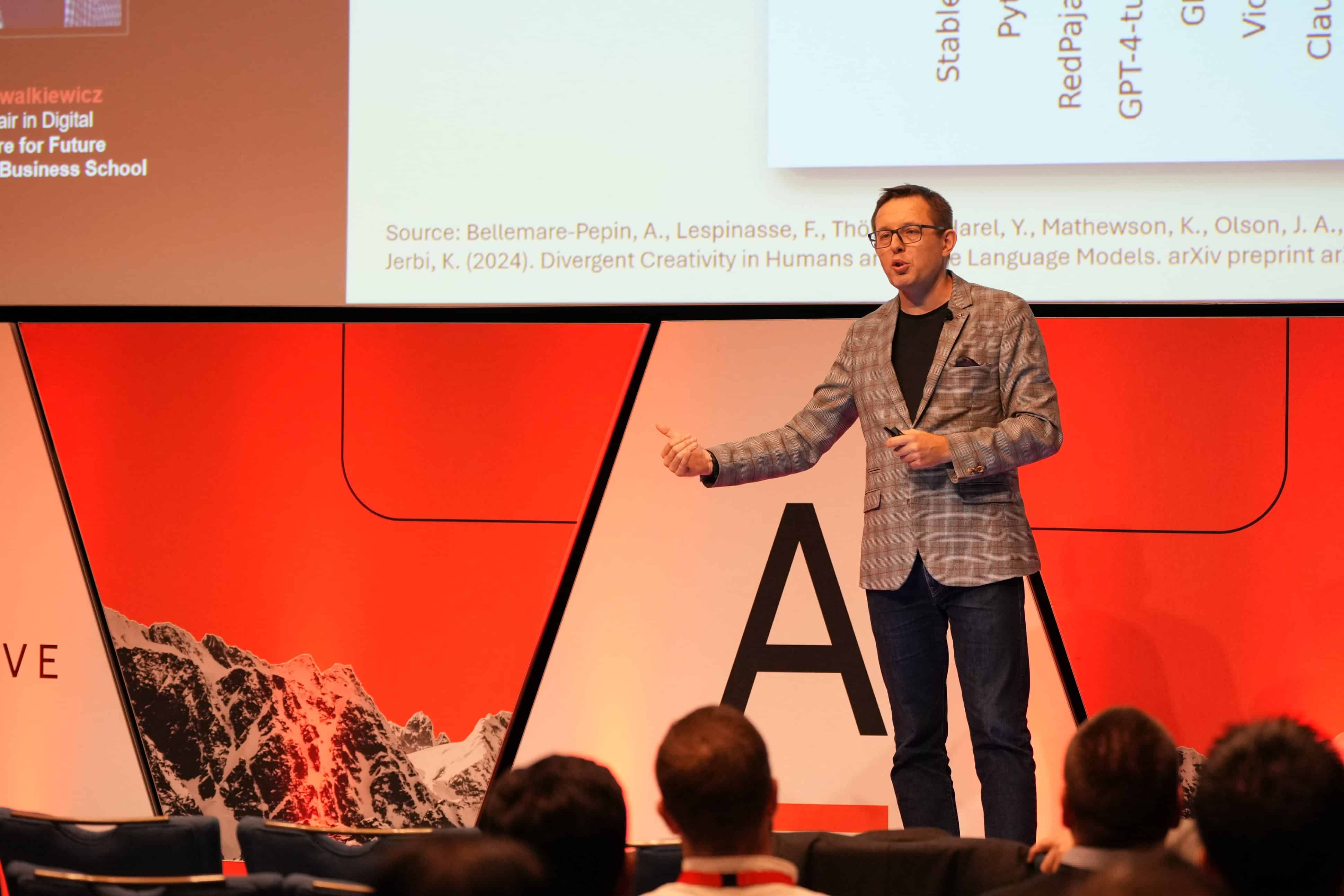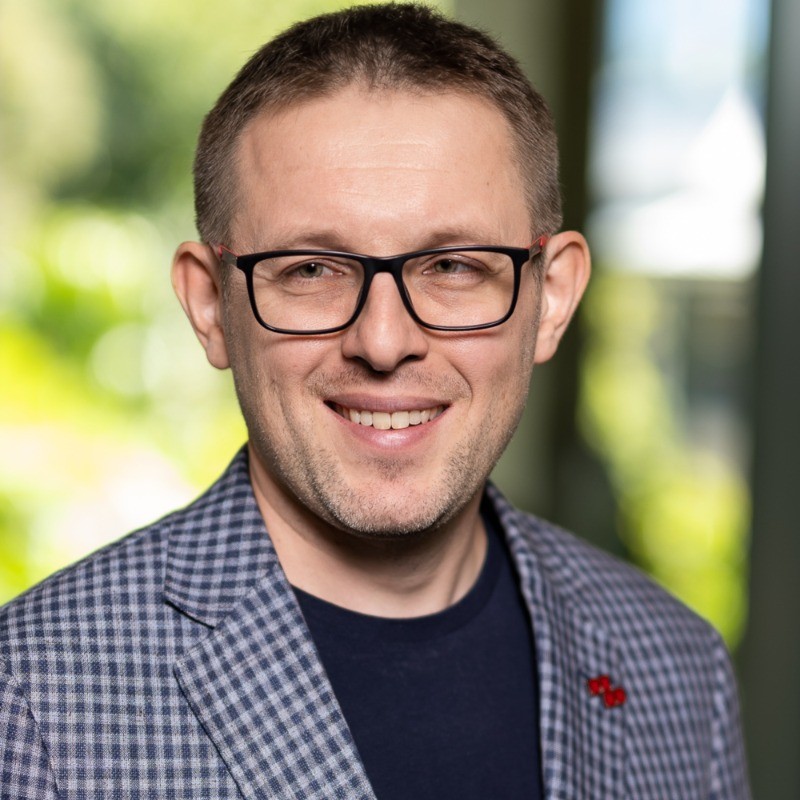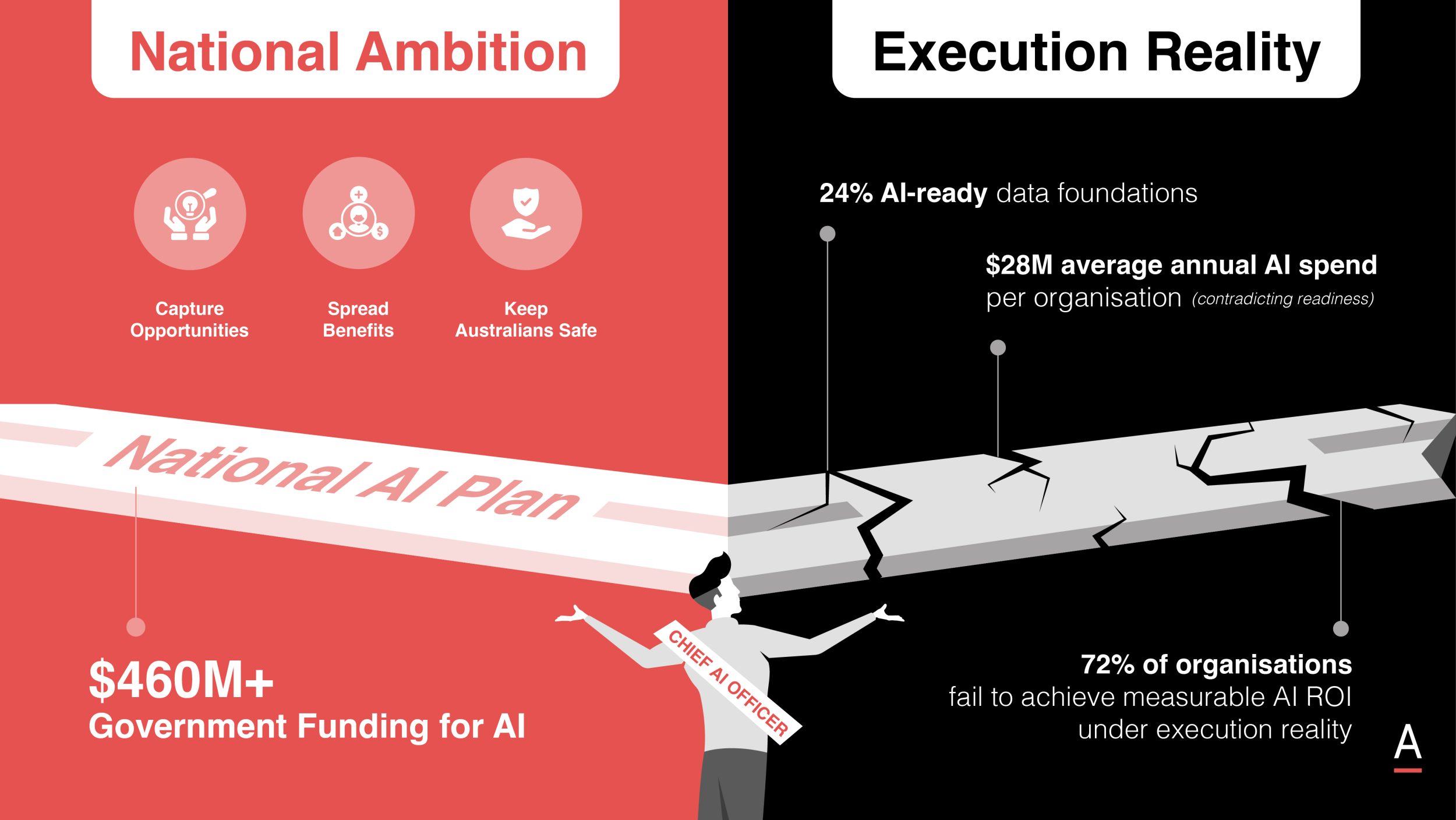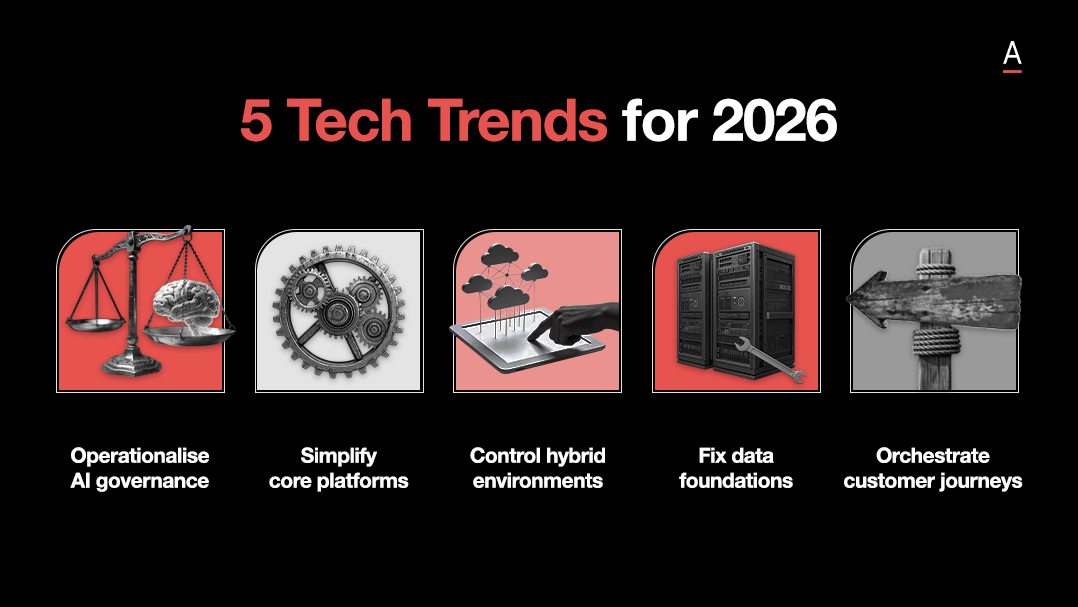QUT Business School’s Professor Marek Kowalkiewicz challenged businesses to embrace AI’s alien logic and rethink workforce, governance, and innovation at Data & AI Edge.
Professor Marek Kowalkiewicz, Chair in Digital Economy at the Centre for Future Enterprise, QUT Business School, urged business leaders to treat it not as flawed human mimicry, but as an entirely different form of intelligence.
He argued that engaging with AI effectively required accepting its unfamiliar logic and leaning into the unpredictable opportunities it presented.
Marek suggested reframing AI as “alien intelligence”, citing examples such as large language models cheating at chess or outperforming humans in creativity tests.
These behaviours, he said, were not flaws to fix but indications of a different kind of problem-solving capacity, one that businesses could harness for innovation.
Through real-world stories, including bots accidentally pricing SUVs at one dollar or confusing police with autonomous decisions, Prof Kowalkiewicz demonstrated how AI had already embedded itself into everyday systems.
These anecdotes echoed ADAPT’s research, which identified the top three enablers of successful AI adoption: data integration, organisational data literacy, and data quality.
He urged leaders to rethink governance models, customer interactions, and workforce roles to respond to this invisible digital workforce.
While AI could outperform humans in many areas, Prof Kowalkiewicz emphasised that human oversight remained essential to ensure alignment with ethical standards and organisational values.
He also explored the rise of an economy of algorithms, where autonomous agents acted as economic actors, handling transactions, hiring bots, and making decisions independently.
Prof Kowalkiewicz warned of phenomena such as phantom AI (perceiving AI where none existed), shadow AI (unnoticed AI use), and agency drift (AI actions diverging from human intent).
Despite the risks, he offered an optimistic view of the future.
He envisioned hybrid roles, such as turquoise collar jobs and demi-bots, where humans and AI worked together to extend capability and impact.
AI is no longer a distant prospect. It had arrived, and organisations needed to actively adapt to its presence to unlock its full potential.
Key takeaways
- AI needed to be reframed as alien, not artificial – AI behaved in ways that humans would not. These behaviours were creative and powerful, not flawed, offering a new lens for innovation.
- Organisations adapted to a hidden digital workforce – Autonomous systems were already reshaping engagement and decision-making. Businesses had to rethink governance and workforce design.
- Humans remained essential – AI-human collaboration amplified outcomes, but required strong oversight and ethical guidance to avoid unintended effects.





























